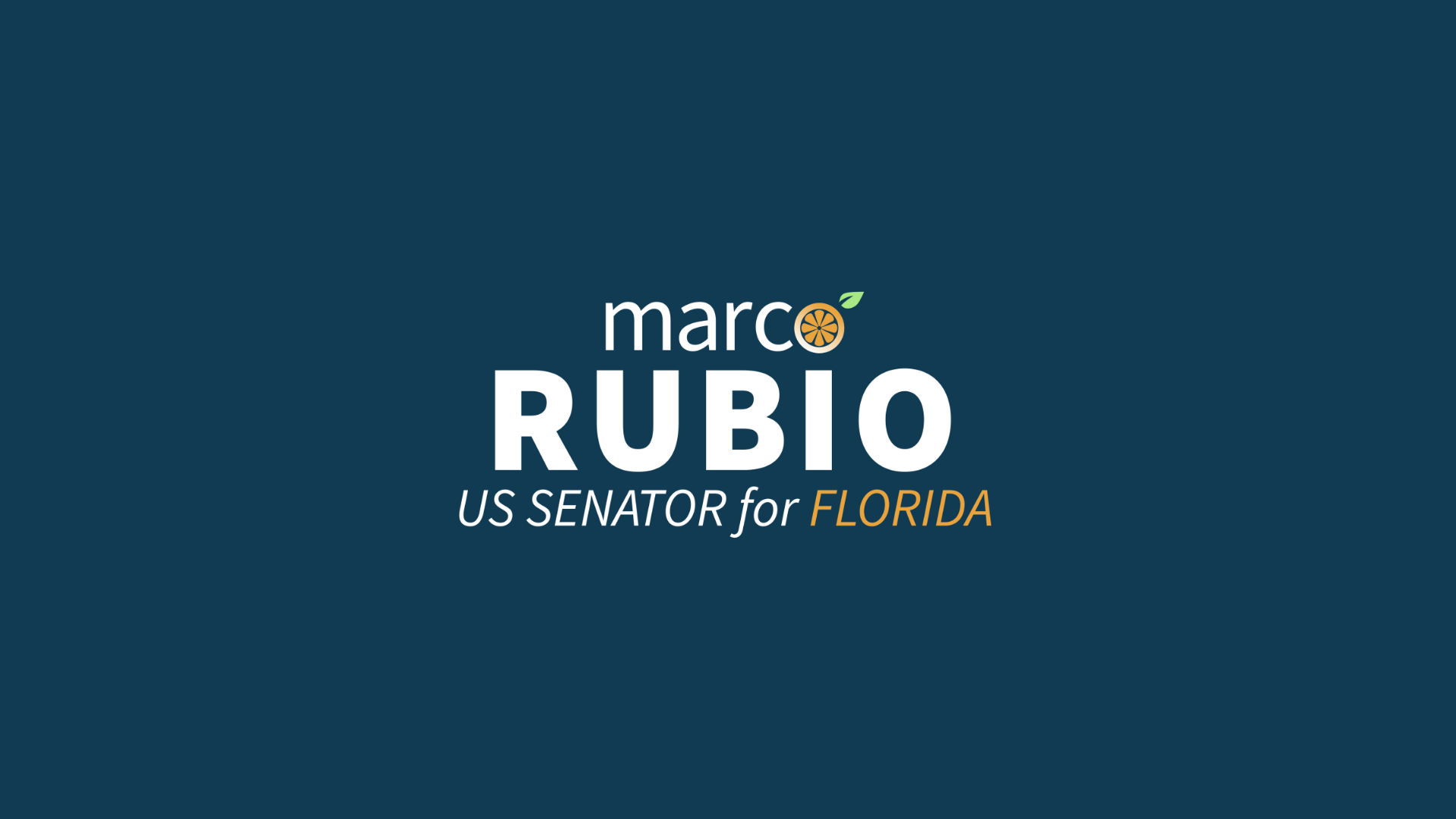Source: United States Senator for Florida Marco Rubio
Washington, D.C. — U.S. Senator Marco Rubio (R-FL) released a statement after the U.S. House of Representatives passed his bipartisan South Florida Clean Coastal Waters Act (S.66). The bill now heads to President Joe Biden’s desk to be signed into law.
“Harmful algal blooms can sicken Floridians, damage local economies, and destroy our ecosystems,” Rubio said. “This will help our coastal communities prepare for and mitigate the devastating impacts. I urge President Biden to sign this bill into law so we can begin addressing these challenges.”
“The east and west coasts of Florida have been treated like the state’s own personal septic tank for years. Even the federal government has been in on the abuse, manipulating our waterways and flushing toxins into our communities with no regard for public health,” Mast said. “This bill will force the federal government to take responsibility for that harm and develop an action plan to combat toxic algal blooms in our community.”
“As Governor and now as Senator, I’ve worked hard to address harmful algal blooms and naturally-occurring red tide in Florida’s waters,” Scott said. “Today, I’m proud to join Senator Rubio in thanking our House colleagues for coming together to pass our bipartisan South Florida Clean Coastal Waters Act that will build on these efforts. I won’t stop fighting to protect Florida’s beautiful waters, environment and natural resources for future generations and I urge President Biden to quickly sign this important bill into law.”
Background:
Rubio reintroduced the South Florida Clean Coastal Waters Act in January 2021 along with Senator Rick Scott (R-FL) and U.S. Representatives Brian Mast (R-FL) and Darren Soto (D-FL). The bill was unanimously approved by the Senate Committee on Commerce, Science, and Transportation in June 2021 and passed the Senate on March 9, 2022.
The legislation would direct the Interagency Task Force on Harmful Algal Blooms (HABs) to assess the causes and consequences of HABs in Lake Okeechobee and around Florida’s southern coastlines to identify needed resources, and develop a plan of action to address these challenges that harm the ecosystems in Biscayne Bay, the Caloosahatchee Estuary, Florida Bay, Indian River Lagoon, the St. Lucie Estuary, and the Florida Reef Tract.
After completing the required assessment, the Task Force would be required to develop an Action Plan in coordination with the state and local stakeholders to reduce, mitigate, and control harmful algal blooms and hypoxia. This plan would include steps to:
- Address monitoring needs identified in the assessment;
- Develop a timeline and budgetary requirements for deployment of future monitoring assets;
- Identify requirements for development and verification of HAB predictive models; and
- Propose the development of an early warning system for alerting local communities to HAB risks to human health.
